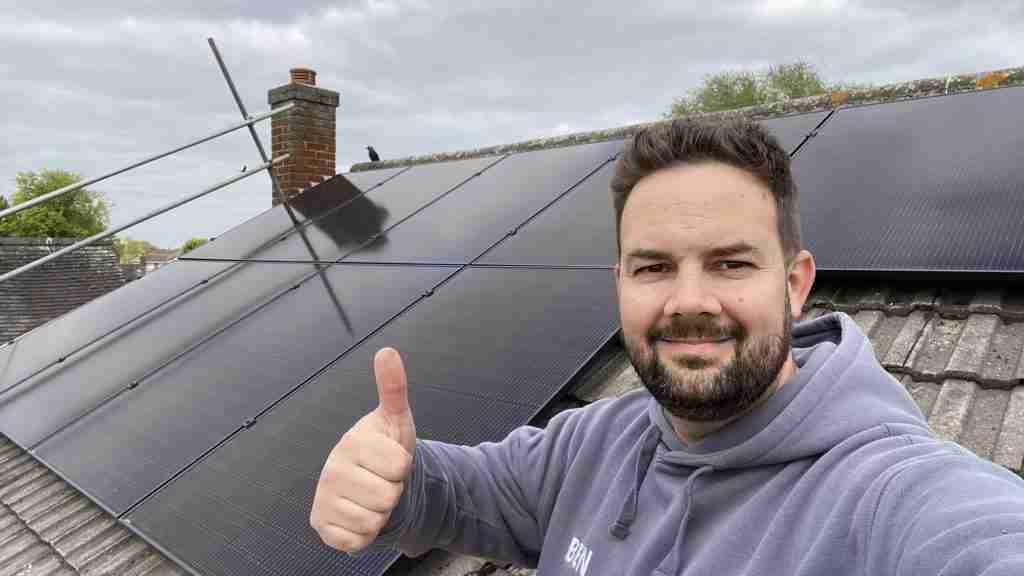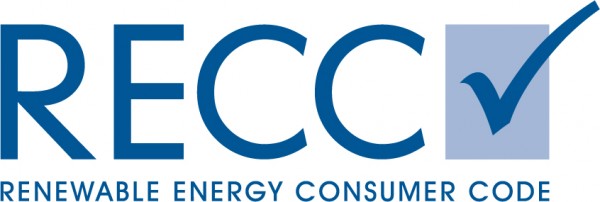Solar panels are a brilliant investment for your home. They slash your energy bills and shrink your carbon footprint. But, like any system, they need a bit of care to keep them running at their best.
This blog explores how you can maintain your home solar panels to ensure they keep generating clean, green energy for years to come.
The importance of solar system maintenance
Your solar panels are tough. They’re built to withstand the elements and keep working through rain, wind and shine. But they’re not invincible.
Dust, dirt and debris can build up over time, reducing their efficiency. And while rare, components can sometimes develop faults.
Regular maintenance helps you spot and solve issues before they become problems. It keeps your system running efficiently, maximising your energy production and savings. Plus, it can extend the life of your system, giving you more bang for your buck.
Think of it like servicing your car. You wouldn’t expect it to run smoothly for years without an oil change or tyre rotation. Would you?
The same principle applies to your solar system. A little TLC goes a long way.
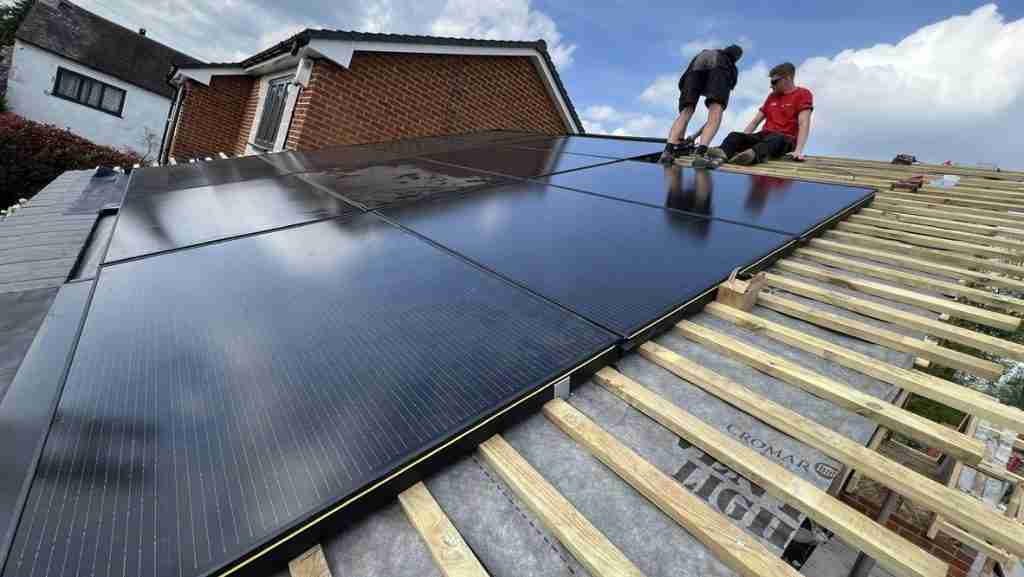
Visual inspections
Regular visual checks can catch minor problems before they escalate. Look for any physical damage to your solar panels. Cracks, chips or discolouration can all affect performance. Check the wiring and connections, too. Look for any signs of wear, fraying or loose connections. Pay special attention to areas where wires enter junction boxes or inverters – these are common spots for wear and tear.
And don’t forget the mounting equipment. Ensure everything is still securely fastened. Look for signs of rust or corrosion, especially if you live near the coast where salt air can accelerate wear. For roof-mounted systems, you can do a lot from the ground with a pair of binoculars. But if you’re concerned about anything, give us a call. It’s better to be safe than sorry when it comes to working at height.
Regular cleaning
Clean panels are happy panels. Dust, bird droppings, moss, weeds and other debris can block sunlight from reaching your solar cells. This reduces their output, meaning less free electricity for you.
How often should you clean? It depends on your location. If you live in a dusty area or are surrounded by trees, you might need to clean more often. As a general rule, check your panels every few months. If they look dirty, it’s time for a clean.
In the UK, rain can help keep your panels relatively clean. But it’s not always enough, especially in drier months or if you live in an area with high pollution levels. A good clean every three or six months is usually sufficient for most UK homes.
If your solar panels are on your roof, safety comes first. Consider hiring a professional if you’re not comfortable working at height. Many window cleaning companies now offer solar panel cleaning services, which can be a cost-effective option if you’re not keen on DIY.
Monitoring system performance
Knowledge is power – literally, in this case.
Understanding your system’s output helps you spot potential issues early.
Most modern domestic solar systems come with monitoring apps. These show you how much energy you’re producing in real time.
Get to know your system’s expected output. It will vary with the seasons, but sudden drops could indicate a problem. If you notice a significant decrease in production on a sunny day, it might be time for a closer look.
Don’t just set and forget your monitoring system. Make a habit of checking it regularly – once a week is a good start. You’ll quickly notice if something’s amiss.
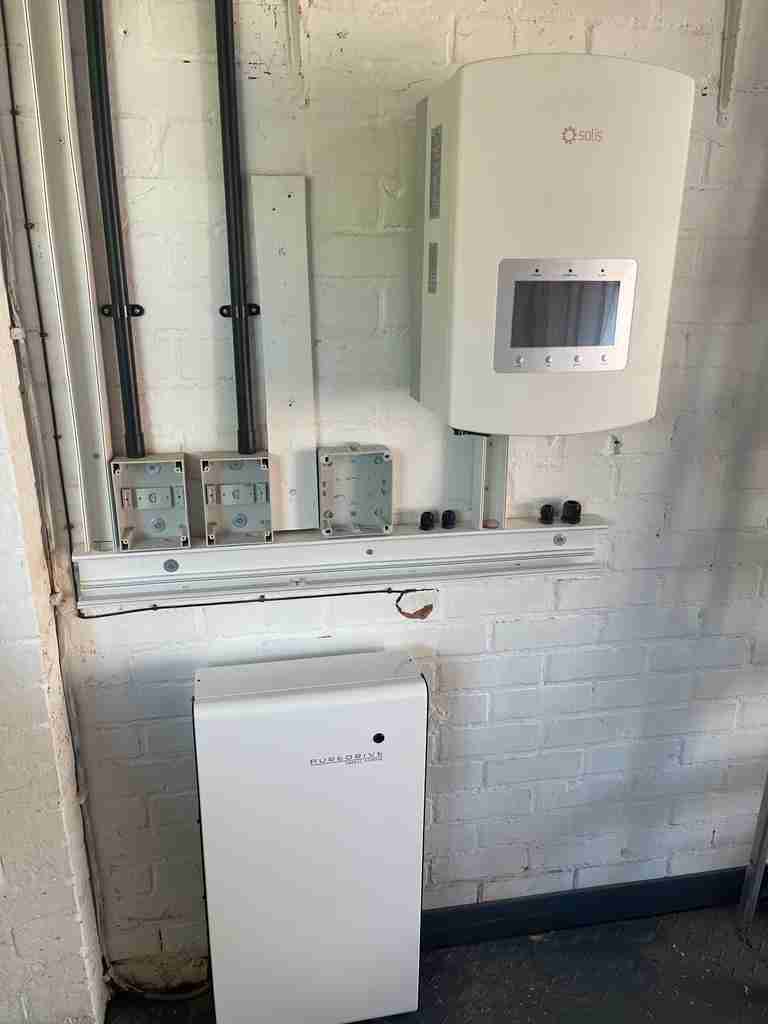
Maintaining the inverter
Your inverter is the unsung hero of your solar system. It converts the DC power from your panels into usable AC power for your home. So, keeping it healthy is crucial.
Most inverters need little maintenance beyond keeping them clean and ensuring good airflow around them. Check for any error messages on the display. If you see any, note them down – they’ll be helpful if you need to call a technician. Common error messages might indicate issues like voltage fluctuations or communication problems with your panels.
Keep an eye on the inverter’s operating temperature. Most inverters have a built-in temperature gauge. If it’s consistently running hot, it might need better ventilation or could be showing signs of wear. Have a professional check your inverter every few years. They can spot potential issues and ensure everything’s running smoothly. Many solar installers offer service plans that include regular inverter checks.
Battery maintenance (if applicable)
If you have a battery storage system, it needs some TLC, too. Check the battery’s health regularly through your monitoring system. Most batteries like to be kept at a consistent temperature, so ensure your battery is stored in a suitable location – not too hot, not too cold.
Watch out for signs of degradation. If your battery isn’t holding charge as well as it used to, or if you’re seeing error messages, it might be time for a professional check-up. For most home systems, the batteries are sealed units that don’t require much hands-on maintenance. However, keeping the area around your battery clean and well-ventilated is essential. If your system is installed in your garage, avoid storing items on or around the battery.
Some systems allow you to set charging and discharging patterns. Optimising these can help extend your battery’s life. For example, avoiding full discharges, and keeping the battery between 20% and 80% charge can help in many cases.
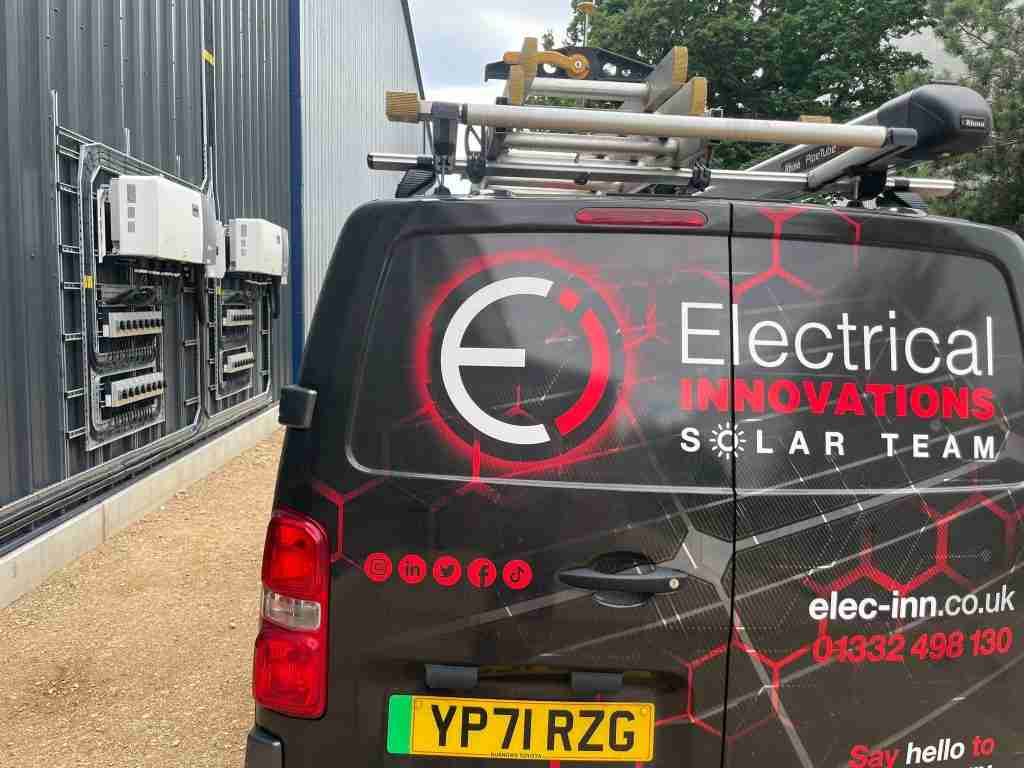
Weather-related maintenance
British weather can be unpredictable. Prepare your system for extreme weather by ensuring everything is securely fastened. After a storm, do a visual inspection to check for any damage.
Snow isn’t usually a problem – it tends to slide off tilted panels. But if you get heavy snowfall, you might need to clear it. Use a soft brush with an extended handle and be gentle to avoid damaging the panels. Never use metal tools or salt to remove snow – these can damage your panels.
In autumn, falling leaves can accumulate on your panels, especially if they’re installed at a low angle. Regular checks and cleaning can prevent this from impacting your system’s performance. If you live in a coastal area, salt spray can build up on your panels, potentially causing corrosion over time. More frequent cleaning might be necessary in these areas.
Professional servicing
While there’s a lot you can do yourself, nothing beats a professional eye. Schedule a professional check-up every year. They’ll give your solar system a thorough inspection, checking everything from panel condition to electrical connections. A professional service typically includes:
- A detailed inspection of all system components
- Checking and tightening electrical connections
- Testing inverter efficiency
- Verifying proper system grounding
- Checking for any signs of damage caused by birds or pests
Consider scheduling your professional service for early spring. This allows you to address any issues before the peak summer production period.
Troubleshooting common issues
Even with the best maintenance, issues can crop up. A drop in performance could be due to dirty panels, shading or a fault in the system. Error messages on your inverter can give clues to what’s wrong. Some common issues include:
Inverter shutdown: This could be due to grid issues or internal faults. Check if it resets itself after a short period.
Loose connections: These can cause inconsistent performance or system shutdowns.
Faulty panels: Individual panels can sometimes fail. This often shows up as a significant drop in overall system performance.
Some issues, like cleaning panels or trimming bushes, you can handle yourself. But for anything electrical, or if you’re unsure, call in our experts. It’s better to be safe than sorry.
Record keeping
Keep a log of your solar system’s performance and any maintenance you do. Note down when you clean the panels, any issues you spot and the details of each professional check or service.
These records can be invaluable if you ever need to make a warranty claim. They also help you track your system’s performance over time, giving you a clear picture of its efficiency.
Many monitoring systems allow you to export performance data. Regularly saving this data can provide a detailed history of your system’s performance.
How can Electrical Innovations (Derby) Ltd help?
Your home solar system is an investment. It needs care to give you the best returns. Looking after your solar system doesn’t have to be a chore. Just follow these tips. A little regular attention goes a long way.
If you’re worried about your solar system’s performance or just want it checked over for peace of mind, give us a call. We can service your solar PV panels, battery storage and electrical system to keep them running as they should and maximise your energy savings.

